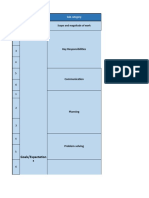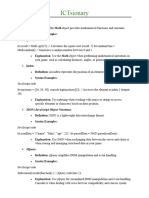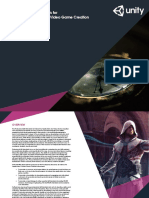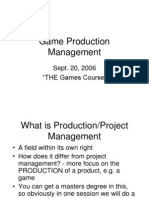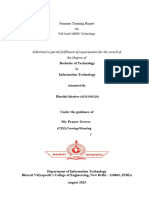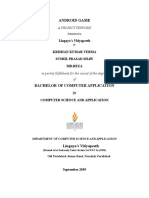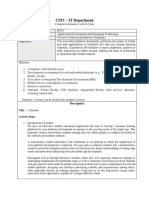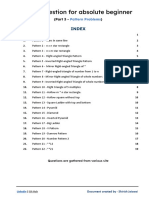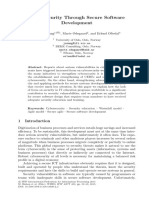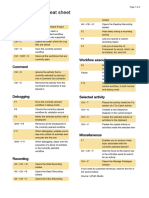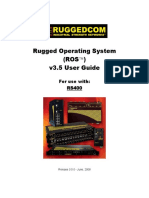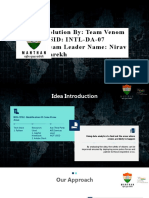0% found this document useful (0 votes)
25 views23 pagesGame Development in Vue Framework
The document outlines a training module for developing a simple game using the Vue.js framework, aimed at software development trainees. It details the competencies, learning outcomes, assessment methods, and course content, including setting up the environment, applying Vue framework, planning, and developing a game. The module culminates in a project where trainees create a picture slider puzzle game for a museum, with specific requirements and a total of 100 marks for assessment.
Uploaded by
leviruranCopyright
© © All Rights Reserved
We take content rights seriously. If you suspect this is your content, claim it here.
Available Formats
Download as PDF, TXT or read online on Scribd
0% found this document useful (0 votes)
25 views23 pagesGame Development in Vue Framework
The document outlines a training module for developing a simple game using the Vue.js framework, aimed at software development trainees. It details the competencies, learning outcomes, assessment methods, and course content, including setting up the environment, applying Vue framework, planning, and developing a game. The module culminates in a project where trainees create a picture slider puzzle game for a museum, with specific requirements and a total of 100 marks for assessment.
Uploaded by
leviruranCopyright
© © All Rights Reserved
We take content rights seriously. If you suspect this is your content, claim it here.
Available Formats
Download as PDF, TXT or read online on Scribd
/ 23
